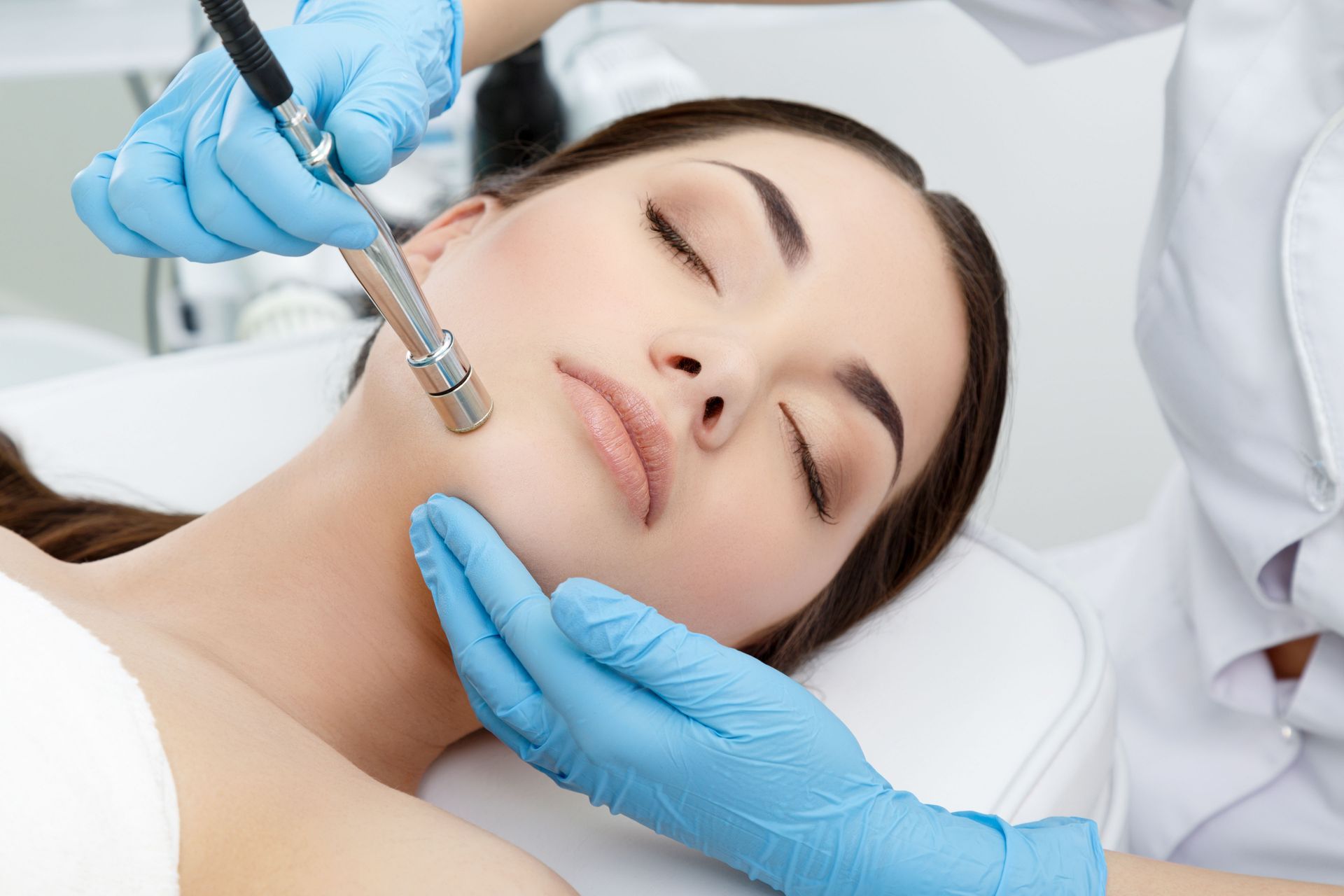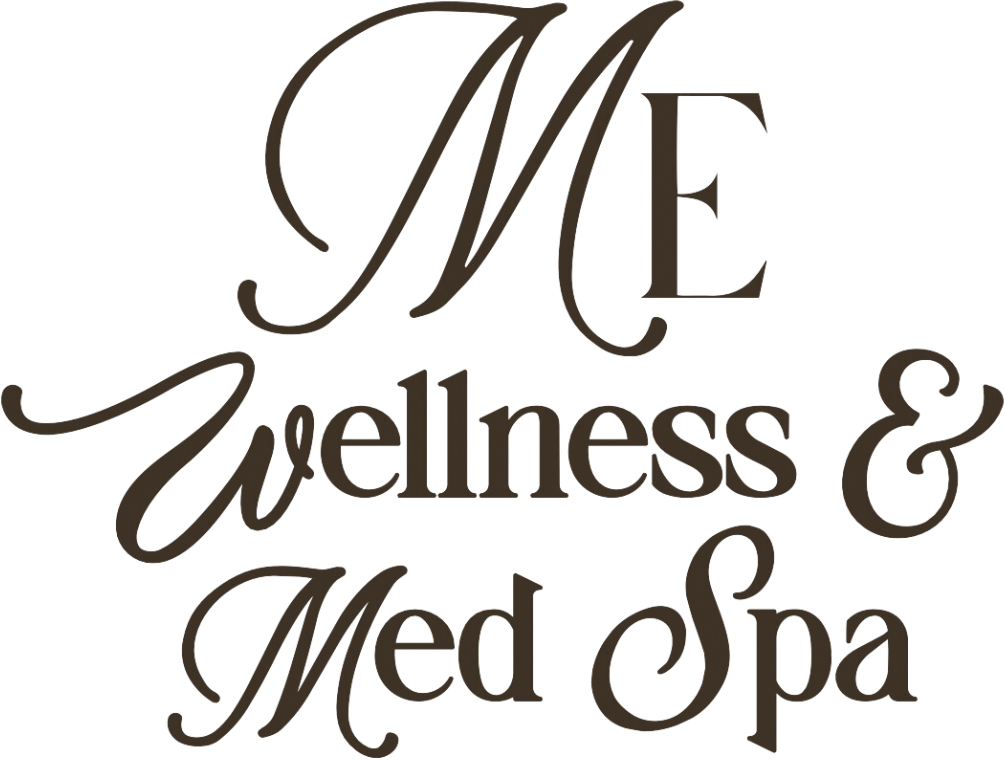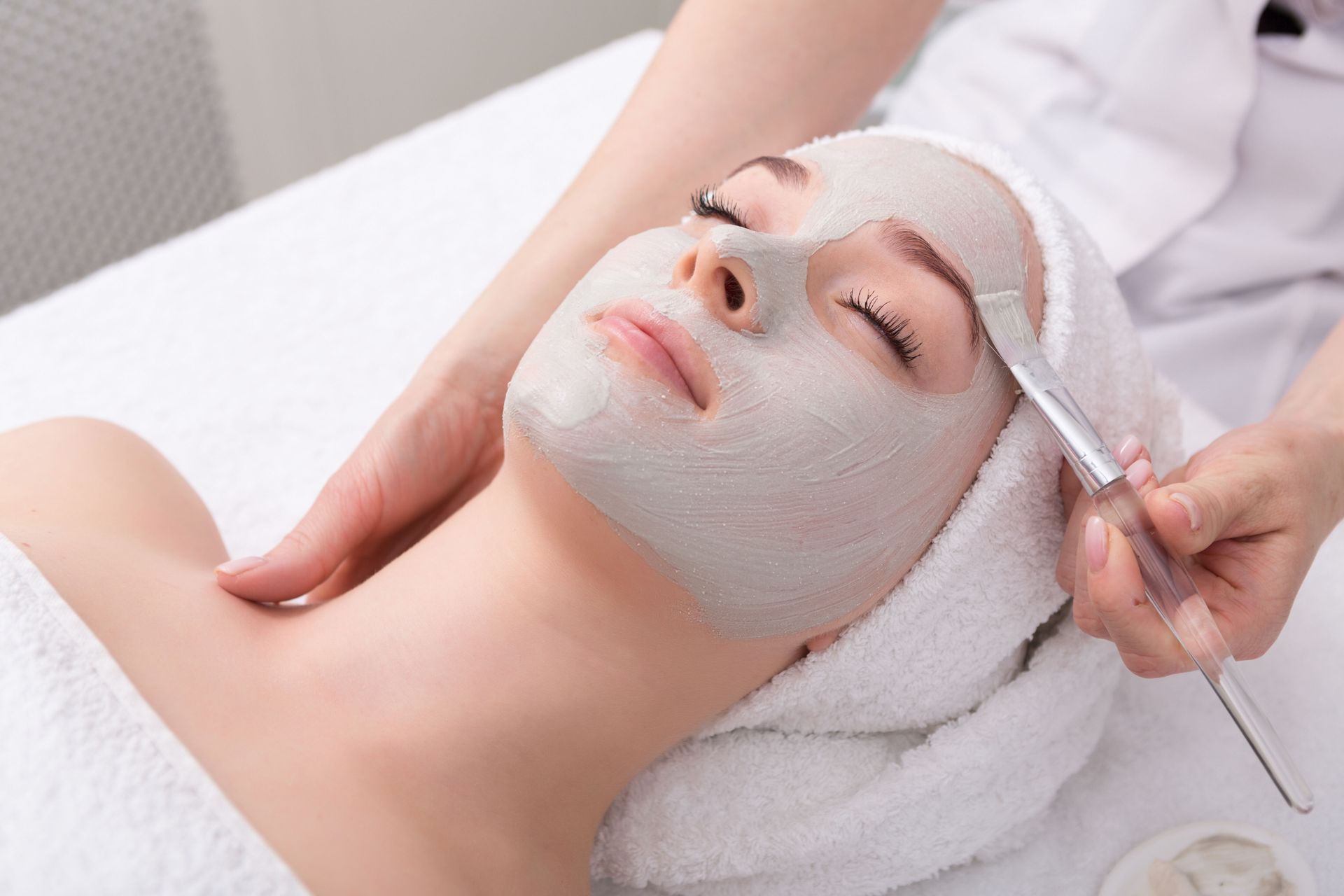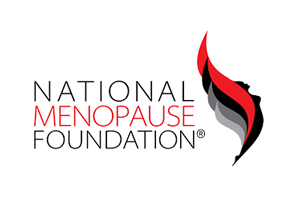August 2, 2025
What’s the Microbiome Got to Do with It?
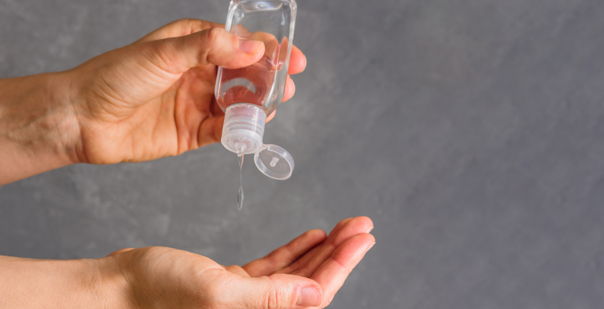
Have you ever wondered if all those antibacterial soaps, sanitizing gels, and disinfectant wipes are actually doing more harm than good? It might sound surprising, especially after years of being told to scrub, spray, and sanitize constantly. But research suggests that going overboard with sanitizers could be disrupting something incredibly important: your body’s microbiome. And that has serious consequences for your immune system.
What’s the Microbiome Got to Do with It?
Your microbiome is the vast community of bacteria, fungi, and even viruses that live on your skin, in your gut, and throughout your body. Far from being harmful, most of these microbes are actually essential. They help train your immune system, regulate inflammation, protect against invading pathogens, and even support mood and metabolism.
When you overuse sanitizers, especially products with harsh antibacterial chemicals like triclosan or repeated high-alcohol formulas, you can wipe out not just harmful germs but also these friendly microbes. Over time, that throws your ecosystem out of balance.
How Does This Weaken Immunity?
It’s all about teaching your immune system to respond appropriately. Your beneficial microbes “educate” immune cells so they can tell the difference between friend and foe. When your microbial diversity shrinks, the immune system becomes more prone to overreacting (think allergies and autoimmune flares) or underreacting (leaving you vulnerable to infections).
There’s also evidence that too much sterilization early in life can increase the risk of conditions like asthma, eczema, and even inflammatory bowel diseases. This is sometimes called the hygiene hypothesis, the idea that a certain level of microbial exposure is actually crucial for building strong, balanced immunity.
Signs Your Microbiome Might Be Out of Balance
How do you know if all that hand sanitizer is starting to take a toll? Some subtle signs include:
● More frequent infections or taking longer to recover from colds
● Digestive issues like bloating, constipation, or diarrhea
● Skin problems like eczema, rashes, or persistent dryness
● Seasonal allergies or new food sensitivities
● Feeling “off” or fatigued without a clear reason
Of course, these symptoms can have many causes, but they’re common red flags that your microbial ecosystem could use some support.
Practical Steps to Protect Your Microbiome (Without Giving Up Hygiene!)
Choose Gentle Over Harsh
You don’t have to stop washing your hands - basic hygiene is still critical. But opt for mild soap and warm water instead of antibacterial or heavily scented soaps. Skip products with triclosan or harsh disinfectants unless truly necessary.
Don’t Overdo the Hand Sanitizer
Alcohol-based sanitizers are helpful in places where soap and water aren’t available, like before eating on the go. But using them all day at home isn’t needed, and it can harm your skin’s natural barrier and healthy microbes.
Feed Your Gut (And Your Immunity)
Your gut is home to the largest part of your microbiome. Eat plenty of fiber from veggies, fruits, legumes, nuts, and seeds. Include fermented foods like yogurt, sauerkraut, or kimchi for natural probiotic support.
Get Outside and Get a Little Dirty
Time in nature exposes you to diverse microbes that actually strengthen your immune system. Gardening, walking barefoot on grass, and playing with pets are simple ways to broaden your microbial world.
Consider Targeted Probiotics
If you’ve used a lot of sanitizers or antibiotics recently, the right probiotic may help restore balance. Always get guidance on strains and doses from a qualified practitioner.
When to Work With a Practitioner (and What Testing Can Reveal)
If you’re experiencing frequent infections, stubborn skin issues, digestive problems, or unexplained fatigue, it may be time to dig deeper.
Some helpful tools include:
●
Comprehensive stool testing to look at your gut bacteria balance, screen for harmful pathogens, and check markers of inflammation and digestion.
●
Secretory IgA tests to evaluate the health of your gut immune barrier.
●
Food sensitivity panels or zonulin tests if leaky gut is suspected.
●
Micronutrient testing to see if your immune system is under strain from nutrient deficiencies.
This kind of in-depth look allows for a truly personalized plan, whether that involves targeted probiotics, herbal antimicrobials, gut-healing protocols, or nutrition tweaks. It’s how we move beyond guessing and start restoring balance at the root.
Sanitizing products absolutely have their place, especially in hospitals, clinics, or when trying to prevent serious infections. But using them excessively at home could be harming the very microbes that keep your immune system strong.
Supporting your microbiome means supporting your entire body. With a few thoughtful shifts you can build a resilient, well-trained immune system that’s ready for whatever comes your way. If you need guidance, we are/I am here to help!
References
Bloomfield SF, Stanwell-Smith R, Crevel RW, Pickup J. Too clean, or not too clean: the hygiene hypothesis and home hygiene. Clin Exp Allergy. 2006 Apr;36(4):402-25. doi: 10.1111/j.1365-2222.2006.02463.x. PMID: 16630145; PMCID: PMC1448690.
Rivera-Amill V. The Human Microbiome and the Immune System: An Ever Evolving Understanding. J Clin Cell Immunol. 2014 Dec;5(6):e114. doi: 10.4172/2155-9899.1000e114. Epub 2014 Nov 5. PMID: 27088046; PMCID: PMC4831629.
Rocha LA, Ferreira de Almeida E Borges L, Gontijo Filho PP. Changes in hands microbiota associated with skin damage because of hand hygiene procedures on the health care workers. Am J Infect Control. 2009 Mar;37(2):155-9. doi: 10.1016/j.ajic.2008.04.251. PMID: 19249642.
Haahtela T, Holgate S, Pawankar R, Akdis CA, Benjaponpitak S, Caraballo L, Demain J, Portnoy J, von Hertzen L; WAO Special Committee on Climate Change and Biodiversity. The biodiversity hypothesis and allergic disease: world allergy organization position statement. World Allergy Organ J. 2013 Jan 31;6(1):3. doi: 10.1186/1939-4551-6-3. PMID: 23663440; PMCID: PMC3646540.

